 Several years ago, I was interviewed by Jason Wiedel for his podcast.
Several years ago, I was interviewed by Jason Wiedel for his podcast.
For some reason, he never aired this interview.
I don’t know why.
Maybe he forgot about it. Maybe he didn’t like what I said.
Maybe it was because my facial hair wasn’t as good as his.
Whatever the reason, I am putting this out now as a bonus episode for my podcast.
Enjoy!


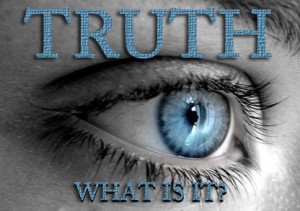

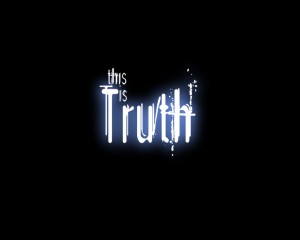 Or take prophecy. Are prophetical statements about future events true? Well, they do reveal divine intent, and since God can bring about what He intends, we could say that prophetical statement are more true than the statements about any human intent, but again, are statement about future historical events actually true before they occur?
Or take prophecy. Are prophetical statements about future events true? Well, they do reveal divine intent, and since God can bring about what He intends, we could say that prophetical statement are more true than the statements about any human intent, but again, are statement about future historical events actually true before they occur? 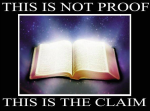
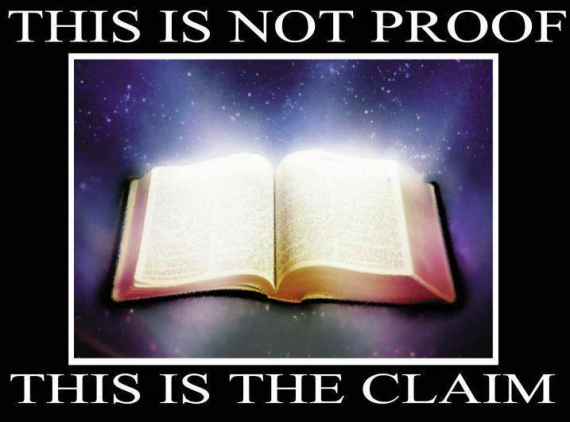
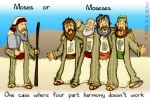
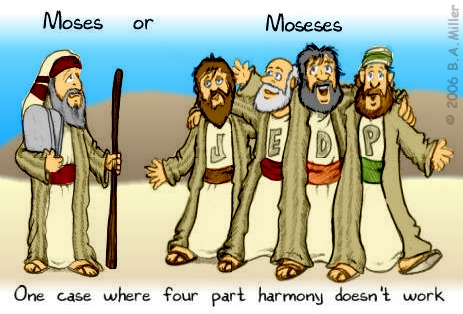
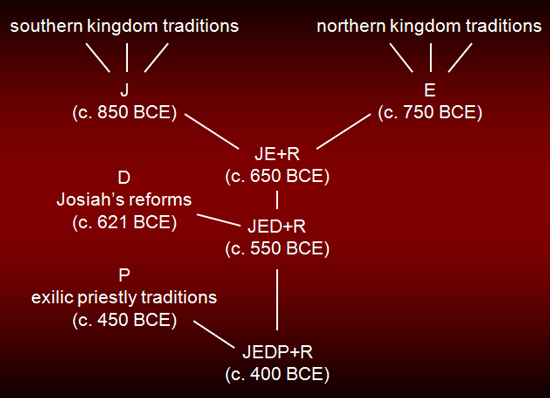
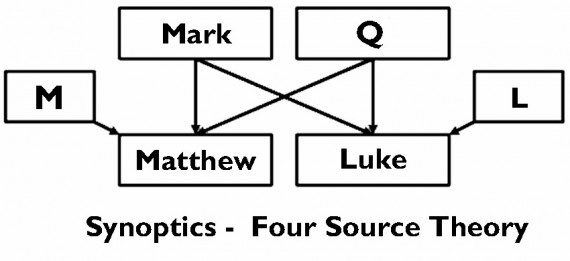
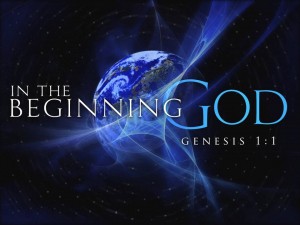 (As long as I am off in the weeds writing about scholarly conventional wisdom which I do not accept, I might as well include here that I also do not accept most of the canons of textual criticism which give priority to the Critical Text based on a few early documents rather than the Majority Text based on thousands of later documents…)
(As long as I am off in the weeds writing about scholarly conventional wisdom which I do not accept, I might as well include here that I also do not accept most of the canons of textual criticism which give priority to the Critical Text based on a few early documents rather than the Majority Text based on thousands of later documents…)
 I am quite hesitant to begin blogging through my seminary class notes on Bibliology — the Study of the Bible.
I am quite hesitant to begin blogging through my seminary class notes on Bibliology — the Study of the Bible.